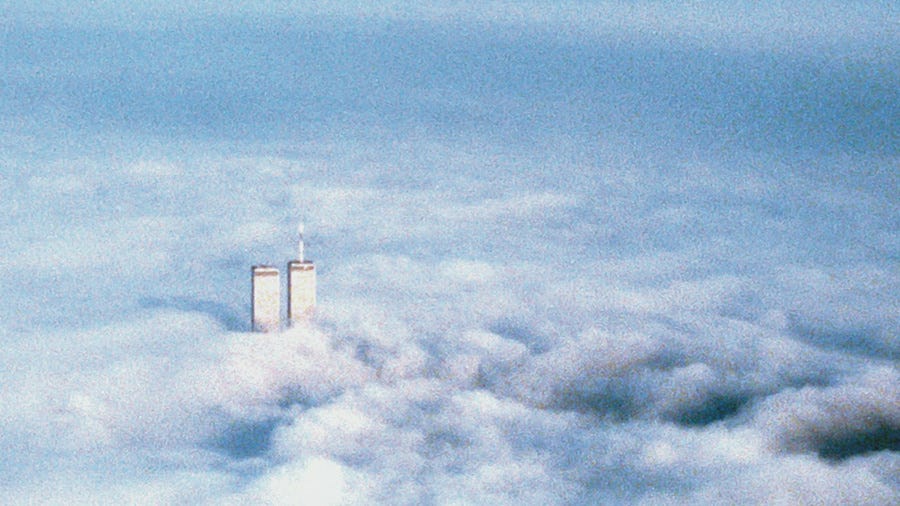Left Bereft
September 11, 2001

Around the devouring flames, shadows writhe in mortal combat for an instant of time and then as suddenly disappear, and the blind, fingering their eyelids, cry out that this is history.
Albert Camus, The Rebel
Only days earlier, Julia had saved me from death-by-steak in the middle of a Paris, Latin Quarter Café (Le Be Bop), popping a thick slug of viscous beef from my throat like a champagne cork, in celebration of not choking to death on vacation. I thanked her by marching her mercilessly through the streets of the capital – Hemingway’s haunts, cobblestone paths the Terror’s tumbrels followed – ending the final day, after seven hours, at the Arc de Triomphe under a fading sun. She was a game gal but she then told this New York boy, no, he’d have to cl…
Keep reading with a 7-day free trial
Subscribe to Homo Vitruvius by A. Jay Adler to keep reading this post and get 7 days of free access to the full post archives.


